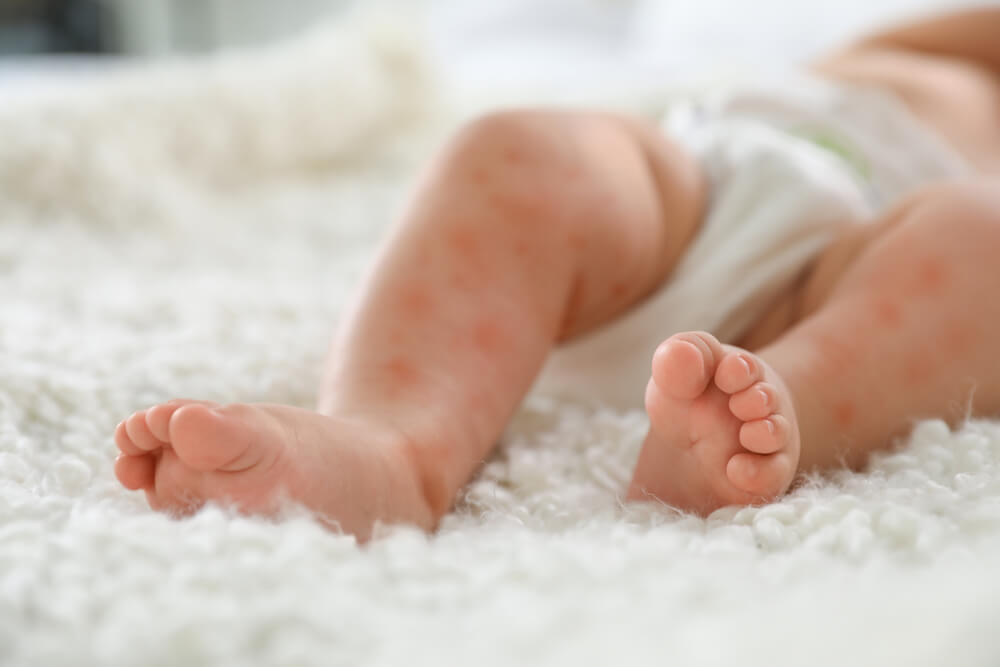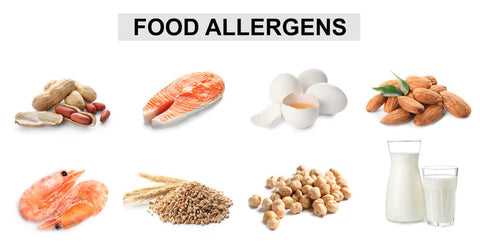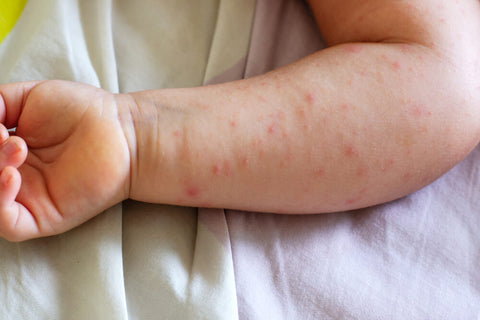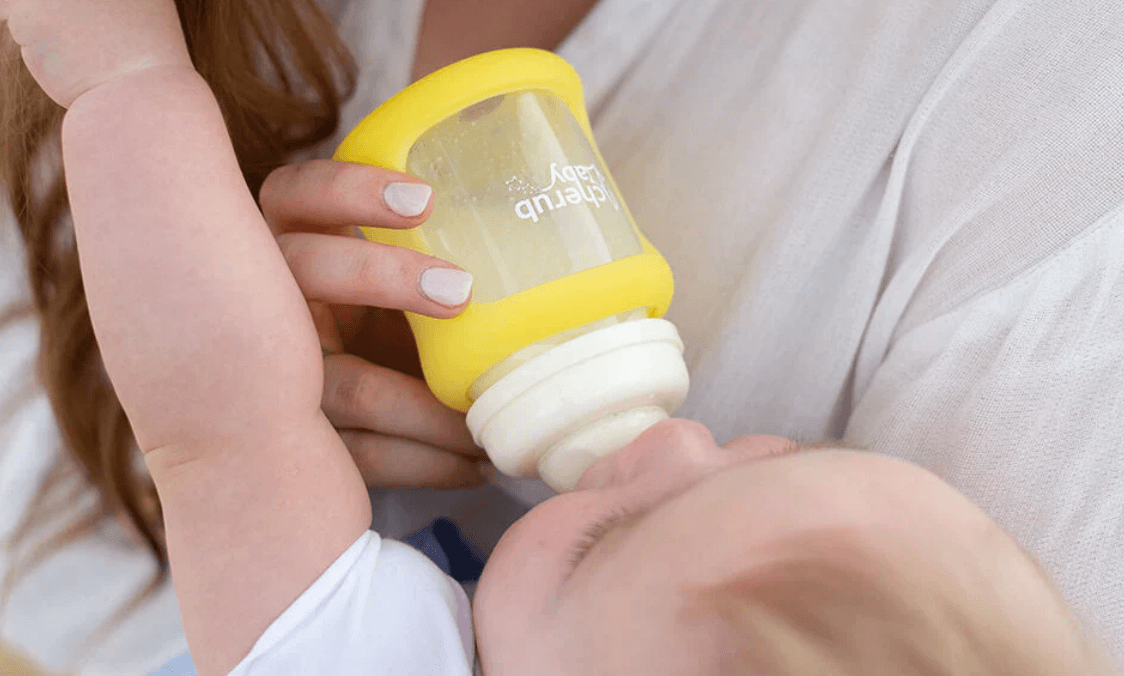Baby's First Foods: Navigating Food Allergies and Introducing Solids Safely

Congratulations! Your little one is reaching an exciting milestone – transitioning from milk to solids. While this journey brings joy, it's common for parents to feel apprehensive about potential food allergies. But fear not! This article is your trusty companion, providing insights and strategies to ensure a smooth introduction to solid foods for your baby.
Understanding Allergies
Let's start by demystifying allergies. An allergy occurs when the immune system reacts to a typically harmless substance, such as food proteins, triggering various symptoms. The severe form, anaphylaxis, is understandably a major concern for parents.
Spotting Symptoms
Keep a keen eye for signs of a food allergy. These can range from mild rashes and swelling to severe symptoms like difficulty breathing or loss of consciousness. If you suspect anaphylaxis, seek immediate medical assistance.
Common Allergens
Certain foods are more likely to trigger allergies in babies. These include milk, eggs, nuts, seafood, and wheat. While reactions to fruits and veggies are rare, it's essential to stay vigilant.
Prevalence of Allergies
Food allergies affect a significant portion of the population, with infants and children being particularly vulnerable. However, many children outgrow these allergies over time.
Family Factors
Family history plays a role in predisposing children to allergies. Despite this, experts recommend introducing allergenic foods early in a baby's diet, even if there's a family history of allergies.
Safe Introduction of Foods
When introducing solids, take a cautious approach. Introduce one food at a time, watching for any adverse reactions. Timing matters – introduce new foods during the day to monitor for allergies more effectively.
Reducing Allergy Risk
For babies with eczema or asthma, take proactive steps to reduce allergy risks. Consult your GP for personalized guidance. Strategies like early introduction of cooked eggs and regular peanut intake can mitigate allergy risks.
Breastfeeding Benefits
Continue breastfeeding alongside introducing solids. Breast milk offers immune benefits that may help lower the risk of food allergies.
Potential Outgrowth
The good news? Many babies outgrow their allergies, especially those related to milk, eggs, and soy. Ongoing research continues to shed light on allergy dynamics.

Final Thoughts
As you embark on this feeding journey, remember that knowledge is your greatest ally. Stay informed, consult with healthcare professionals, and trust your instincts. With the right approach, introducing solids can be a delightful experience for both you and your baby!
Conclusion
In conclusion, let's embrace this phase with confidence and excitement. Explore our Solid Feeding Range for all your baby food needs, and don't hesitate to reach out with any questions or comments. Together, we'll navigate this journey, one spoonful at a time!
References
For further information, consult reputable sources such as the Australian Society of Clinical Immunology and Allergy and Nip Allergies in the Bub - Preventing Allergies Org.




